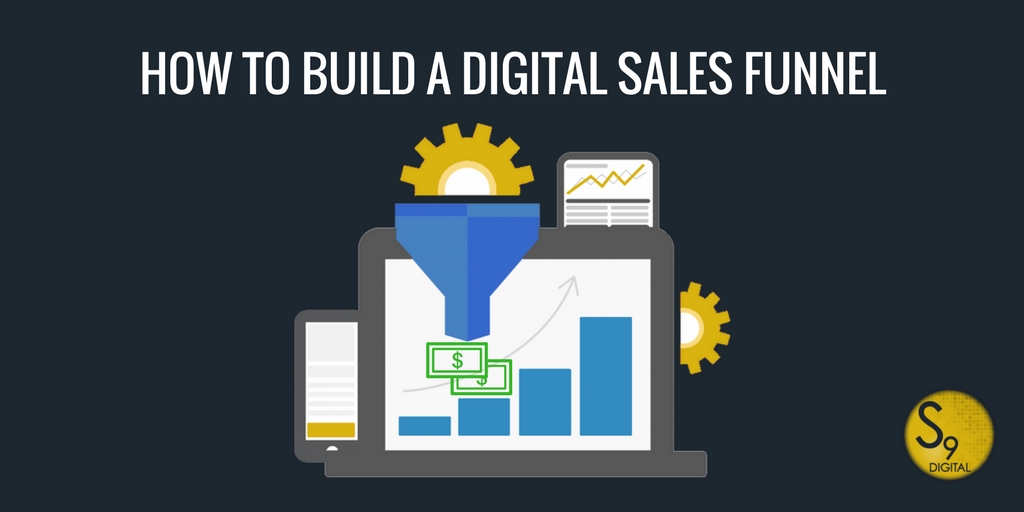 Since I started my career back in 2001 with Accenture, I have seen first hand how digital technology has changed the face of business forever. The impact is across all industries, from advertising to entertainment, transportation to utilities, digital technologies have transformed entire sectors of our economy. Education, healthcare, public safety, and every other public institution have been profoundly impacted. The next generation of digital technologies—Artificial Intelligence (AI), Cloud Computing, Autonomous Cars, and even Near Eye Display —promises even bigger changes in the future.
Since I started my career back in 2001 with Accenture, I have seen first hand how digital technology has changed the face of business forever. The impact is across all industries, from advertising to entertainment, transportation to utilities, digital technologies have transformed entire sectors of our economy. Education, healthcare, public safety, and every other public institution have been profoundly impacted. The next generation of digital technologies—Artificial Intelligence (AI), Cloud Computing, Autonomous Cars, and even Near Eye Display —promises even bigger changes in the future.
Even if you don’t plan to incorporate digital technology today, you can’t ignore it forever! Every community and organization needs digital solutions in order to avoid being blind-sided and trampled by digitally-enabled competitors.
What is a Digital Strategy?
At a fundamental level, a digital strategy is simply a plan of action for using digital data, hardware, networks, and software to achieve a purpose or goal. A digital strategy should be comprehensive to cover all aspects of your organization. Part of the purpose of a digital strategy is to identify and prioritize ways to use technology. There are three general objectives or tactics of a digital strategy, and they are generally go in order, using digital technology to:
- Become more efficient and control costs by automating processes and digitizing practices. Automation also generates data that can be analyzed to provide useful information about products, processes, markets, customers, etc. Example: S9 Digital can create custom employee and manager dashboards to highlight your business KPI’s at a glance.
- Get more customers and increase revenue by differentiating from your goods & services from competitors. Differentiation also builds customer relationships which enable you to see opportunities to create value. Example: Building a digital marketing campaign that tells your unique story. S9 Digital takes a holistic approach and incorporates several forms of marketing streams, such as organic SEO, SEM, and Social Media Management.
- Develop new markets, products, and services by creating innovative, new goods & services. Innovation essentially eliminates competitors. Example: If you own a coffee shop, S9 Digital can develop an app or responsive mobile site that allows customers to purchase ahead of time, so their latte is ready for pick-up exactly upon the customers arrival.
A digital strategy should enable overall growth and improvement. But the best way to execute a digital strategy is to focus on specific opportunities or problems. At the same time, taking a holistic view of your organizations digital needs is necessary to avoid multiple “solutions” that don’t work together or, even worse, conflict with each other.
Why Digital Matters
Digital matters because it enables better decision-making, better coordination, and better collaboration to achieve your organizational goals.
Technology can improve employees’ productivity and work-life-balance. It can also improve organizations’ competitiveness and market position. And, digital technology can improve the overall company culture.
Organizations that have digital technology and use it effectively are are agile, lean, and more prosperous than places where technology is either not available or not used well. Doing more with less is the knew norm, therefore being able to incorporate digital technologies to streamline processes and mission critical tasks are vital to achieve growth.
Overall, the basic use of digital technology is to connect people, organizations, and places to each other, and to provide them with information. Digital technology that is open—readily accessible and easy to share—enables connections and makes them more valuable. Being closed and isolated doesn’t just put you at a disadvantage, it is also a sure way to waste valuable resources!
For these reasons, one of the best ways to grow a business or economy is to make sure everyone involved has strategies for getting and using digital technology.
Leadership for Digital Strategy
Because being digital in 2018 is critical to success, digital strategy is a leadership issue that should actively involve executives, owners, and/or top officials in your organization. Leadership defines digital strategy and determines its success (or failure). Technology is constantly evolving, and it fundamentally changes how organizations work, therefore leaders must be constantly learning about and adapting to the technology.
Execution of the strategy, including specifying and implementing tactics, may (and probably should) be led by internal technology professionals or outsourced to digital transformation firms, such as S9 Digital. And, execution MUST have real involvement from those who will use the technology—it should be tailored to their interests and needs. But none of this works without clear, strong leadership support.
Key questions we ask our clients:
- What do you hope to accomplish with a digital strategy?
- How can a digital strategy help your organization achieve its goals for 2018?
- How will top decision-makers be involved in formulating and executing digital strategy?
We can help you and your business!
At S9 Digital, everything starts with a story and we want to hear yours. Every project is different but our methodology and process is proven and reliable every time. Bottom line, we want to provide premium digital solutions and build strong relationships with the people we work with.
Find out more about how our team can help you by checking out our all our business solutions. Contact us today to setup your FREE consultation!





You must be logged in to post a comment.